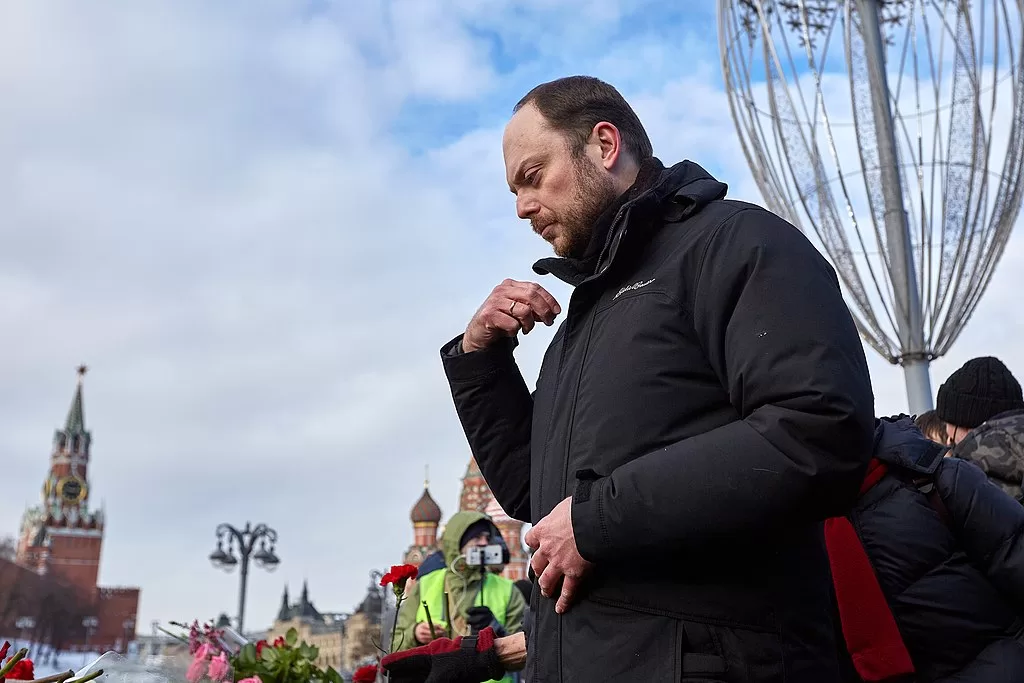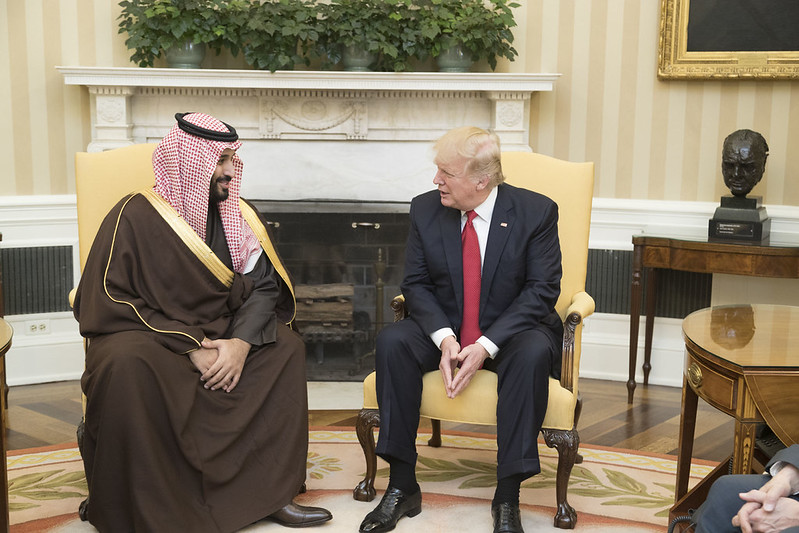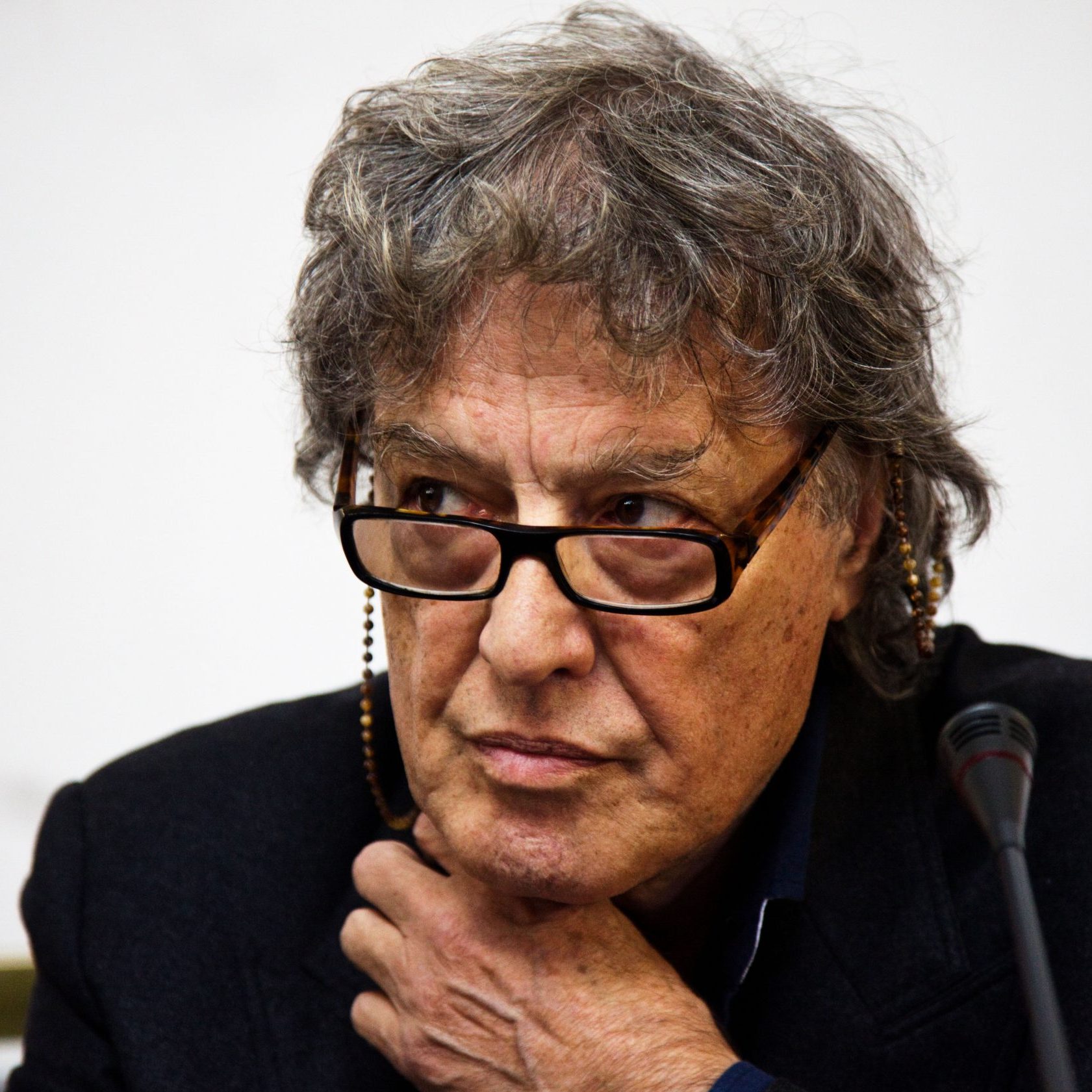Vladimir Kara-Murza is a Russian-British activist, journalist, author and filmmaker who was imprisoned in Russia for 25 years in April. He was found guilty of treason, spreading “false information” about the Russian armed forces and participating in an “undesirable organisation”. On 31 July his sentence appeal was quashed. The court that sentenced him, his lawyer claims, are “slaves to (Vladimir) Putin’s regime”.
Today is Kara-Murza’s 42nd birthday and he will be spending it behind bars, though activist and financier Bill Browder, a noted Putin critic, thinks Russia has made a mistake in jailing him: “Putin has elevated his status exponentially,” he told Index.
“When things get rocky due to the disastrous war, Russians will decide who should replace Putin. Somebody, like Vladimir, who gave up their freedom and potentially life for the good of the country, will be highly validated.”
The son of a Russian journalist also called Vladimir, Kara-Murza earned an MA in history from Trinity Hall, University of Cambridge at the same time as working as a reporter for a number of Russian newspapers. After becoming Washington Bureau Chief of the Russian language network RTVi in 2004, he produced a four-part TV documentary, They Chose Freedom, about one of his passions: the history of the Soviet dissident movement.
After being released from RTVi in 2012, he helped advance the 2012 US Magnitsky Act, a law that imposed sanctions on Russian officials thought to be responsible for serious human rights violations, denying them entry into the USA and freezing any US assets. Browder noted the impact Kara-Murza had in its adoption.
“He pitched to the US government and Congress that it was the most pro-Russian piece of legislation because it punished kleptocrats and human rights deniers in the Russian government.
“His was one of the key voices for politicians to support it,” he said.
This wasn’t without negative consequences. In 2015 Kara-Murza was hospitalised with kidney failure and was in a coma for a week. Tests revealed he had ingested a poisonous substance. He was back in hospital again in 2017 with the same diagnosis. He survived both and went on to collect the Civil Courage Prize and was a pallbearer at former US Senator John McCain’s funeral in 2018. Despite his survival, the incidents have had long-term impacts on his health. Kara-Murza’s lawyer, Vadim Prokhorov, said it’s led to heart disease and a nerve condition called polyneuropathy.
“This condition is hard to treat in freedom, impossible in prison. A doctor from the Moscow medical prison system claimed he could survive just a couple more years. It’s a matter of life and death,” Prokhorov told Index.
After being initially arrested last year in Moscow for disobeying a police officer, Kara-Murza soon faced more more serious charges, resulting in the long sentence.
“His sentence is based on just five public speeches, including [one in which] he criticised Putin’s full-scale invasion in front of the US Congress in March 2022,” Prokhorov said.
“The sentence is completely unjustified. It’s his opinion, his free speech. It’s straight out of the Stalin playbook. It’s dangerous for Russian civil society”.
Prokhorov believes Kara-Murza has been, or is currently being, transferred to the Omsk Betrayal Detention Centre No.1 in Siberia after he lost his appeal, but doesn’t think it’s his final place of detention.
Explaining that Kara-Murza has defended human rights not just in Russia, but also with the promotion of Magnitsky Acts all over the world, Prokhorov ends by saying: “Vladimir’s a brilliant, intelligent, thoughtful and brave man. It’s important the civil and international community don’t forget about him.”






